Interested to uncover what are most popular mental health books and why – or better said what the fuss is about? Stay with me to explore it together!

Most Popular Books For Mental Health
I’ll mention 12 most popular mental health books and leave it to you to judge if any of them (or more than one of them) are worthy of being added to your precious library!
Let’s dive in!
This post has affiliate links which means that we make a commission from qualifying purchases at no additional cost to you. For more information read our Affiliate disclosure.
Note: Although I am a Clinical Social Worker, engaging with this website does not establish a professional social worker-client relationship. The information provided here is for general purposes only and should not be considered professional advice. While we strive to ensure accuracy and reliability, this content is not a substitute for professional guidance. For specific concerns, issues, or situations, it is essential to consult a qualified professional and present your situation. Read the full Disclaimer here.
THE MOST POPULAR MENTAL HEALTH BOOKS

#1 The Body Keeps the Score: Brain, Mind, and Body in the Healing of Trauma by Bessel van der Kolk
The author of The Body Keeps the Score: Brain, Mind, and Body in the Healing of Trauma introduces the ways in which trauma affects the body and provides insights into effective treatments for trauma-related disorders, as someone who has worked with trauma survivors for over 30 years.
The author explains how traumatic experiences impact both the brain and body, and through case studies and scientific research, shows that trauma can lead to a range of physical and mental health consequences and informs us that a variety of methods for healing, including neurofeedback, EMDR, and yoga.
The book argues that trauma is a whole-body experience, and that healing must address both the mind and body, which is why only talking about it probably won’t suffice.
#2 The Brain that Changes Itself: Stories of Personal Triumph from the Frontiers of Brain Science by Norman Doidge
“The Brain that Changes Itself” is a book that explores the latest research in neuroplasticity and how it challenges the traditional view of the brain as a fixed and unchanging entity, disclosing that brain can change in response to experience and therapy.
The book presents stories of individuals who have overcome various neurological challenges, such as stroke and learning disabilities, through the power of neuroplasticity.
It also examines the implications of neuroplasticity for areas such as education, addiction, and mental health.
All in all, the book offers a hopeful message that the brain can change and adapt, and that this has enormous potential for human growth and healing.
My other Posts Featuring Books About Mental Health And Mental Growth:
#3 Lost Connections: Uncovering the Real Causes of Depression – and the Unexpected Solutions by Johann Hari
Lost Connections: Uncovering the Real Causes of Depression – and thes Unexpected Solutions shows us that the social and environmental factors contribute to depression and offers alternative solutions to traditional antidepressants.
The book examines the root causes of depression and offers solutions beyond traditional medication.
The author discusses that the problem is not solely caused by chemical imbalances, but by societal factors such as loneliness, disconnection from nature, lack of purpose, and how we live today.
The book suggests solutions such as reconnecting with community, meaningful work, and alternative therapies.
Ultimately, the book aims to shift the conversation about depression and mental health towards a more holistic approach.
#4 The Noonday Demon: An Atlas of Depression by Andrew Solomon
The Noonday Demon: An Atlas of Depression is a book that demonstrates the author’s personal experience with depression and investigates the condition more broadly, offering insights into the causes, treatments, and experiences of those who live with it.
Through interviews with others who are living with depression and research into the history and biology of the disorder, the book offers a more comprehensive understanding of the illness.
It also examines the societal stigma surrounding depression and advocates for a greater acceptance and understanding of mental health issues.
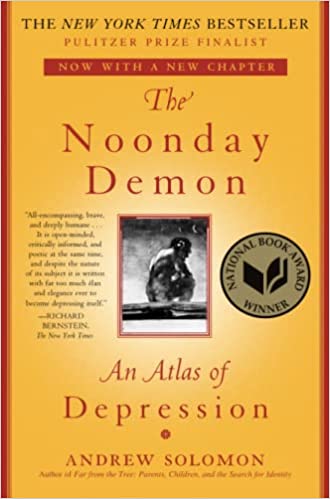
And provides a compassionate and illuminating look at depression and its impact on individuals and society.
#5 When Things Fall Apart: Heart Advice for Difficult Times by Pema Chödrön
When Things Fall Apart is a book that offers advice on how to find inner peace and happiness in times of difficulty and uncertainty, and cope with pain and uncertainty and find inner peace.
It draws on Buddhist teachings and the author’s personal experience to provide practical guidance for cultivating compassion, mindfulness, and resilience.
The book encourages readers to embrace the impermanence of life and to view difficult situations as opportunities for growth and transformation.
Conclusively, it offers a message of hope and optimism that even in the darkest of times, it is possible to find a sense of inner calm and contentment.
You’ve finished half of our list of the 12 most popular mental health books; this is great! Make sure to move on to the second half so that you can have a full overview of the books and ensure you pick the best one(s) for yourself!
YOU MAY ALSO LIKE:
#6 The Happiness Hypothesis: Finding Modern Truth in Ancient Wisdom by Jonathan Haidt
The Happiness Hypothesis is a book that explores the latest research in psychology and neuroscience to uncover the secrets to happiness.
It also draws on ancient wisdom from various traditions and philosophies, including Buddhism and Stoicism, to offer practical advice for living a fulfilling life.
The book inspects topics such as the relationship between money and happiness, the importance of social connections, and the role of gratitude and kindness.
Finally, it brings a fresh perspective on what it means to live a happy and meaningful life.
#7 Radical Acceptance: Embracing Your Life with the Heart of a Buddha by Tara Brach
Radical Acceptance also draws on Eastern teachings to offer a path towards self-acceptance and inner peace, with its insights and techniques for practicing radical acceptance and self-compassion, that lead to greater emotional resilience.
It delivers guidance on how to cultivate mindfulness and compassion, and how to manage feelings of shame and inadequacy.
The book also includes practical exercises and meditations to help you develop a more positive and accepting relationship with themselves.
Ultimately, it conveys a message of hope and healing even in the face of suffering, as it is possible to find a sense of inner calm and happiness then as well.
RELATED:
#8 The Anxiety Toolkit: Strategies for Fine-Tuning Your Mind and Moving Past Your Stuck Points by Alice Boyes
The Anxiety Toolkit provides practical strategies for managing anxiety and cultivating emotional resilience.
It offers a step-by-step guide on how to identify the root causes of anxiety, challenge negative thoughts, and develop coping mechanisms.
The book also includes exercises and worksheets to help you implement these strategies and make meaningful changes in their lives.
All things considered The Anxiety Toolkit aims to empower you to take control of their anxiety and live a more satisfying life.
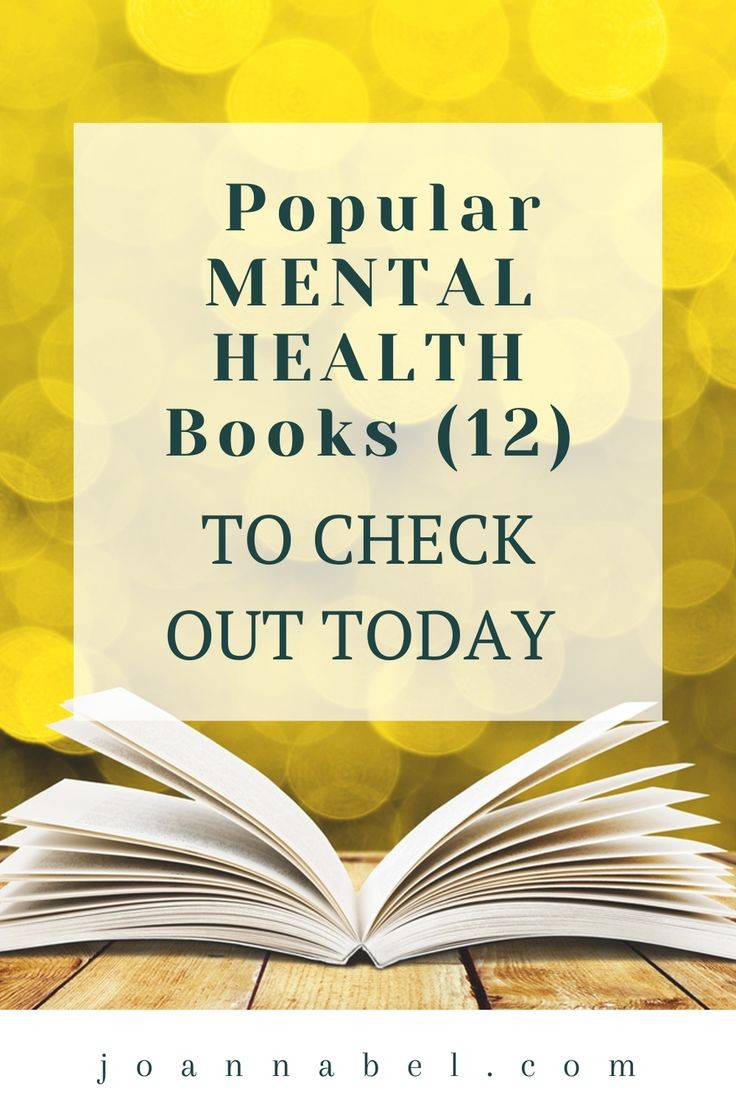
#9 The Highly Sensitive Person: How to Thrive When the World Overwhelms You by Elaine N. Aron
The Highly Sensitive Person sheds light on the experiences and challenges of highly sensitive people and provides practical guidance for managing sensory overload and thriving in a fast-paced world.
The author uses personal anecdotes throughout the book to illustrate her points and provide examples of how high sensitivity can manifest in different individuals.
Based on scientific research and personal anecdotes, the book provides a comprehensive understanding of high sensitivity and its impact on various aspects of life.
The book describes how highly sensitive people experience the world differently, discusses the benefits of being highly sensitive, such as greater empathy and creativity, and offers strategies for coping with overwhelming situations.
#10 The Deepest Well: Healing the Long-Term Effects of Childhood Adversity by Nadine Burke Harris
The Deepest Well examines the long-term impact of childhood adversity on mental and physical health aiming to raise awareness about the importance of addressing childhood trauma and inspires optimism about healing and resilience.
It describes the Adverse Childhood Experiences (ACEs) study, which links childhood trauma to a range of health problems in adulthood.
Additionally, it delivers insights into the biology of stress and practical strategies for mitigating its effects.
The book combines scientific research with real-life stories to illustrate the long-term effects of childhood adversity and the potential for healing through trauma-informed care.
If you found the information on the blog helpful & inspirational and you feel like giving back, you can do it by clicking the donate button after entering amount you’re comfortable with. I’ll use it to create and deliver more useful content and resources like this. Thanks for your precious contribution!
#11 The Happiness Trap: How to Stop Struggling and Start Living by Russ Harris
The Happiness Trap brings a new perspective on the pursuit of happiness, as the author, Russ Harris, argues that the traditional approach to happiness, which involves trying to eliminate negative thoughts and emotions and striving for constant happiness, is ultimately unfulfilling and can lead to feelings of anxiety, stress, and depression. (I fully agree with this!)
Instead, Harris proposes an alternative approach based on Acceptance and Commitment Therapy (ACT), a mindfulness-based therapy that helps individuals develop psychological flexibility and move towards a more meaningful life.
The book offers practical exercises and techniques for developing mindfulness and self-awareness, as well as strategies for dealing with difficult thoughts and emotions.
One of the key ideas in the book is the importance of identifying and living according to one’s values, rather than chasing after happiness, therefore Harris provides tools for helping readers clarify their values and take action towards them, which can lead to a sense of purpose and fulfillment.
#12 Maybe You Should Talk to Someone: A Therapist, HER Therapist, and Our Lives Revealed by Lori Gottlieb
Maybe You Should Talk to Someone is a memoir that explores the author’s experiences as both a therapist and a patient.
The book offers insights into the therapeutic process and the human condition, using personal anecdotes to illustrate the challenges and rewards of therapy.
And uses humor to explore of the complexities of life and the power of therapy to transform us.
Through her own journey and the stories of her patients, the author shows that seeking help is a sign of strength, and that healing and growth are possible for everyone.
Recommended Resources For You:
Latest Posts:
- The Importance of Play in Child Development

- 5 Hobbies That Will Help You Connect With Your Teens

- A Guide to Balancing Parenting Roles After Divorce

- Gifts for Your Teenager That They’ll Actually Enjoy

- 6 Reasons Your Teenagers Seem Distant and Distracted

- Special Gifts to Let Someone Know You’re Thinking of Them (13)

FINAL THOUGHTS ON MOST POPULAR BOOKS ON MENTAL HEALTH
And we’ve covered our 12 most popular mental health books, so now you can explore them further if some of them sparked your interest.
Whether you choose one or more is less important than starting to implement what’s suggested in it to see results.
Enjoy.
And I’ll see you in the next post! Here is one:

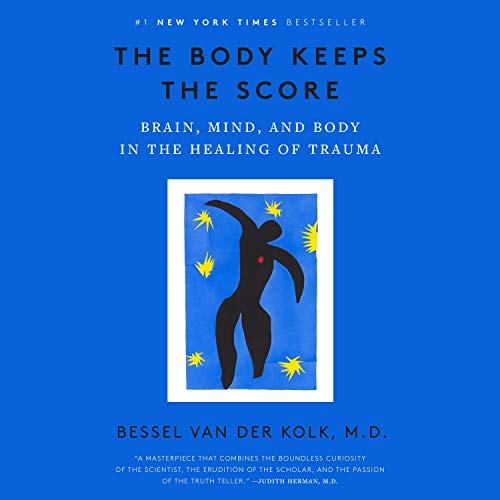
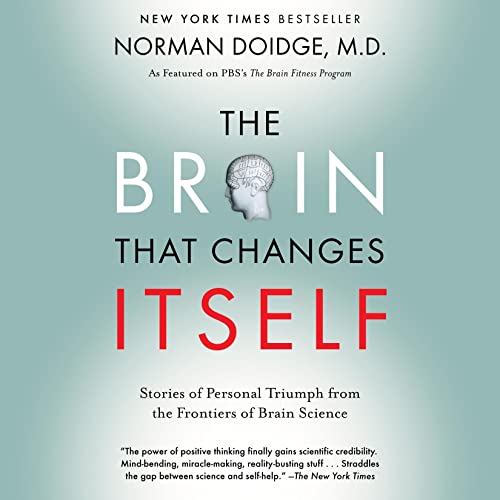
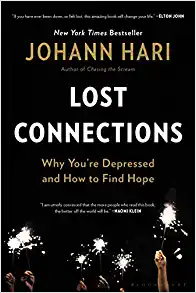

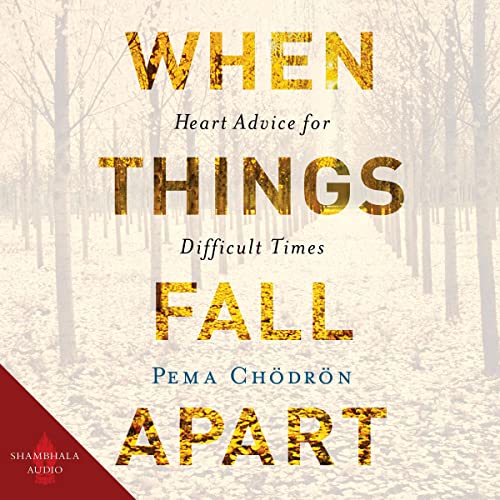
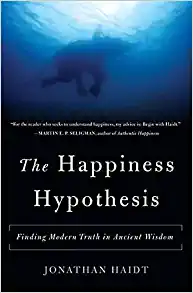
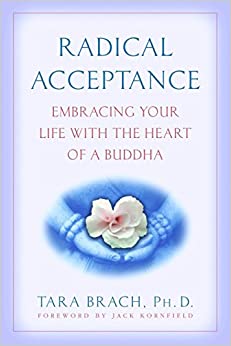
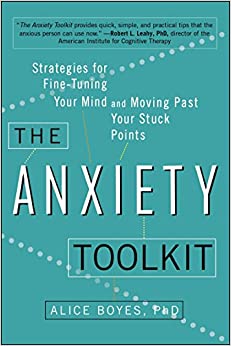
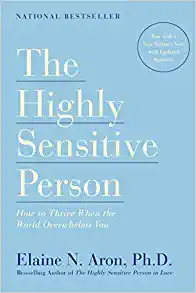
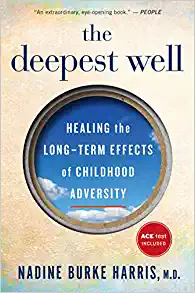

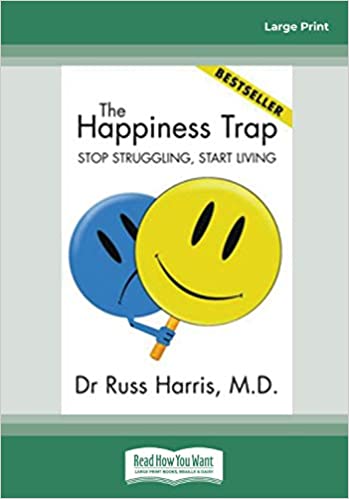
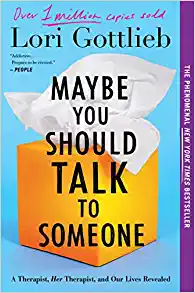






Leave a Reply